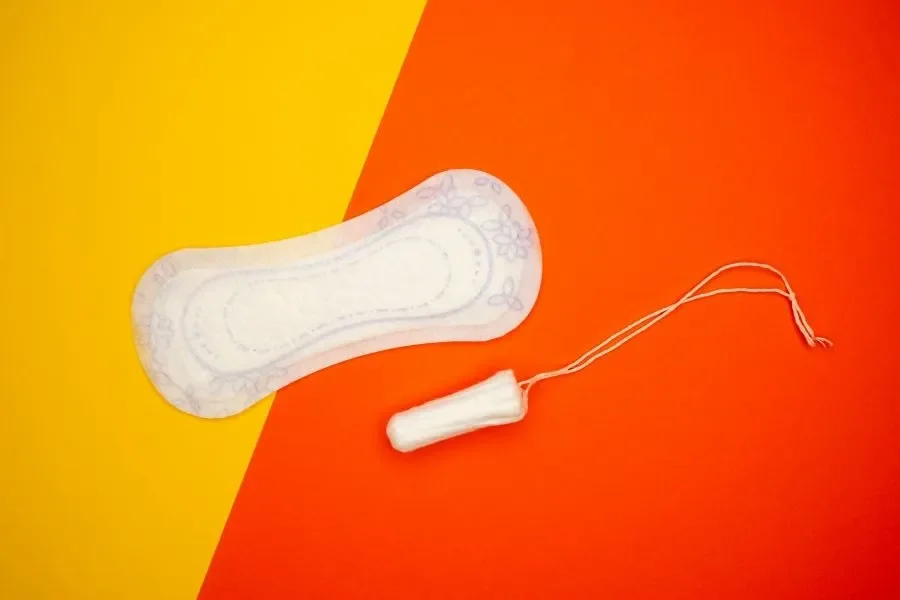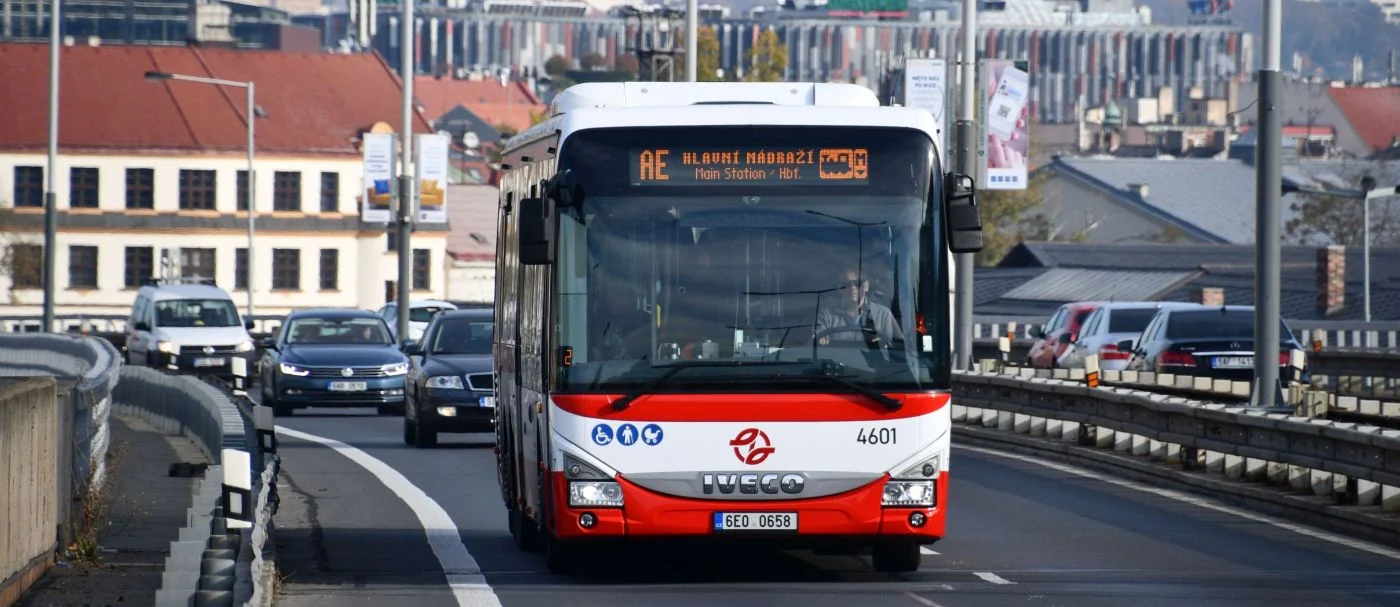
Foto: Reproductive Health Supplies Coalition | Unsplash
Free menstrual products will become standard across Prague’s schools from 2026. The city aims to offer practical support and ease an everyday problem.
From early 2026, schools in the capital will provide free menstrual products for female pupils, students and teachers. The city is responding to an issue long overlooked: the absence of basic hygiene products in women’s toilets – something that should be a given in modern educational institutions.
The introduction follows an amendment to a regulation by the Czech Ministry of Health, which comes into force at the start of 2026. The goal is not primarily to tackle period poverty, but rather to improve the overall environment and comfort within schools. Nonetheless, the initiative will also help pupils who face financial strain. “I welcome any improvement in school services, especially when it genuinely addresses a problem. Many schools already had menstrual products, but kept them hidden away in a teacher’s desk. Making them available directly in the toilets is far more practical,” said Prague’s Education Councillor, Antonín Klecanda.
A pilot project is already running at nine Prague schools, enabled by an in-kind donation from Tesco worth around 80,000 crowns. Between September and December, the company delivers more than 24,000 menstrual products each month to 163 women’s toilets, supporting nearly 4,000 girls. From 2026, schools will take over the cost themselves – roughly 2,000 crowns per month.
Teachers and school leaders stress that this is far from a marginal issue. Some female teachers have had to provide products to pupils in emergencies – a solution that is neither sustainable nor fair. The lack of consistent access has also led to interrupted lessons or absences.
Addressing period poverty itself, however, requires broader social policy measures or tax reforms such as a zero-per-cent VAT rate – changes that must be made at national level.
In Prague, the project enjoys broad political backing – from both the governing coalition and the opposition. Representatives of all parties have highlighted its importance.



